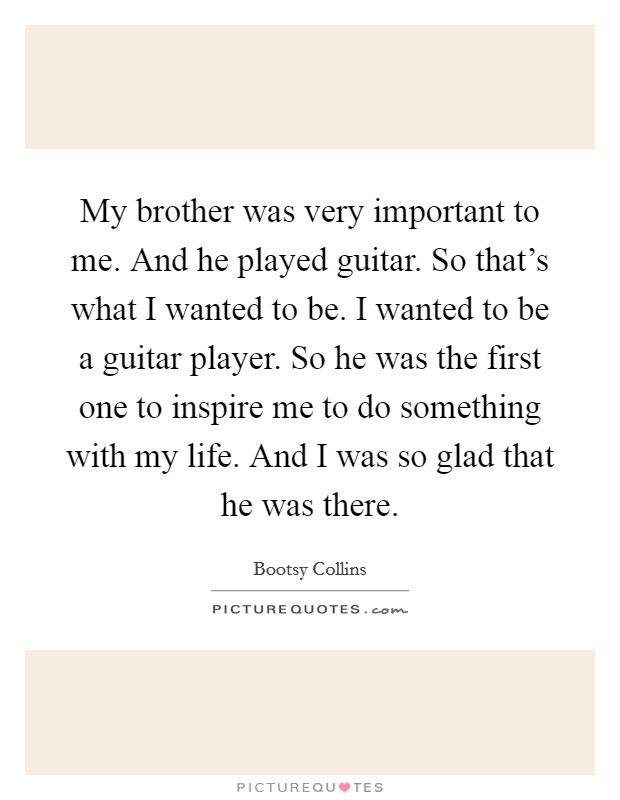You don’t need more than a minute to form someone’s first impression, I’m sure you’ve been through this at some point in your life, you get to know a person quickly and without really knowing why, you end up doing an assessment based on their first impression.
Your appearance, your manners, your gestures, your voice?small details that make up a cataloged image, one way or another. You may be surprised, but studies indicate that people are generally very good at those brief scans that describe first impressions.
- In any case.
- We usually have little time not only to analyze others.
- But also to make a good impression.
- How do you say.
- “You never get a second chance to make a first impression.
- “.
Psychologists say we don’t do this analysis in 30 seconds, but in milliseconds. In a sigh, we know whether a person is to our liking or not, whether it inspires trust or not. Why would you do that? This is something that has to do with the evolution of our species, an adaptive feature very easy to understand.
If the person in front of us is considered a threat or a danger, our first reaction is to flee. People need to do instant assessments to make decisions now. In a way, these seemingly fast analyses have a lot to do with our personality, our fears and also our needs.
Is it true that we have our own experience of the instinctual part? And almost irrational? That immediately tells us if something is harmless or threatening, but our personal experience also matters a lot at this time.
You can find an elegant and well-dressed person, and you can judge her as average and shallow; maybe it’s because you prefer a more casual image, because it gives you more intimacy and you remember your friends?all traits have a lot to do with our particular personality and style, we could say that our brain is programmed to come to a quick conclusion with little information.
Every day we receive thousands of stimuli. We don’t have time to process them or analyze all this information in depth, so how are we going to make decisions?Unconsciously This is the reality; Most of our decisions lead us, quickly and unconsciously, to where our feelings, memories, experiences, personality are stored . . . the brain works to organize information into categories and, from there, to make comparisons very quickly, and always using our emotions.
Isn’t that person like someone from our past who’s hurt us?Does he have a smile as sincere as our father’s or is he as fake as one of our neighbors?
The halo effect is a common cognitive bias. It has to do with the influence of our perceptions on our judgments about a person’s qualities, from our first impression. Psychologist Edward L. Thorndike coined the term in 1920, when he realized that people tend to draw conclusions on a global scale, or from ethnic groups, without knowing them individually.
A clear example of the halo effect might be, for example, meeting someone who appeals to us physically, when we see your beautiful image we tend to think that your actions, opinions and beliefs will be as positive as your physical appearance.
Sometimes people make mistakes. The first impression has a direct effect, we can’t deny it, but it doesn’t have to be decisive, we never know what’s behind an image and there may be no better adventure than discovering what’s behind an appearance.

